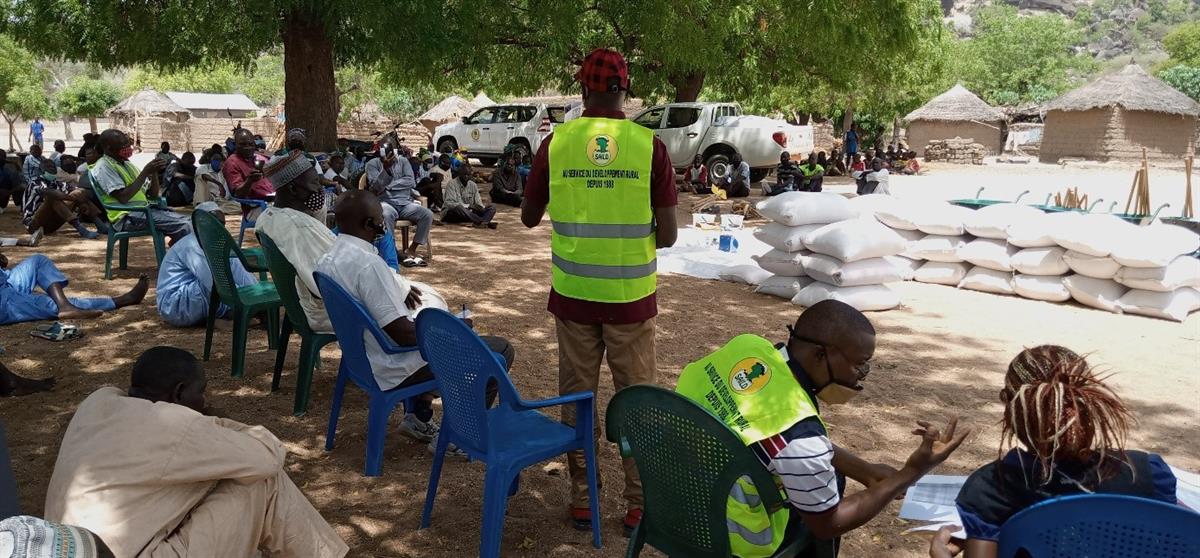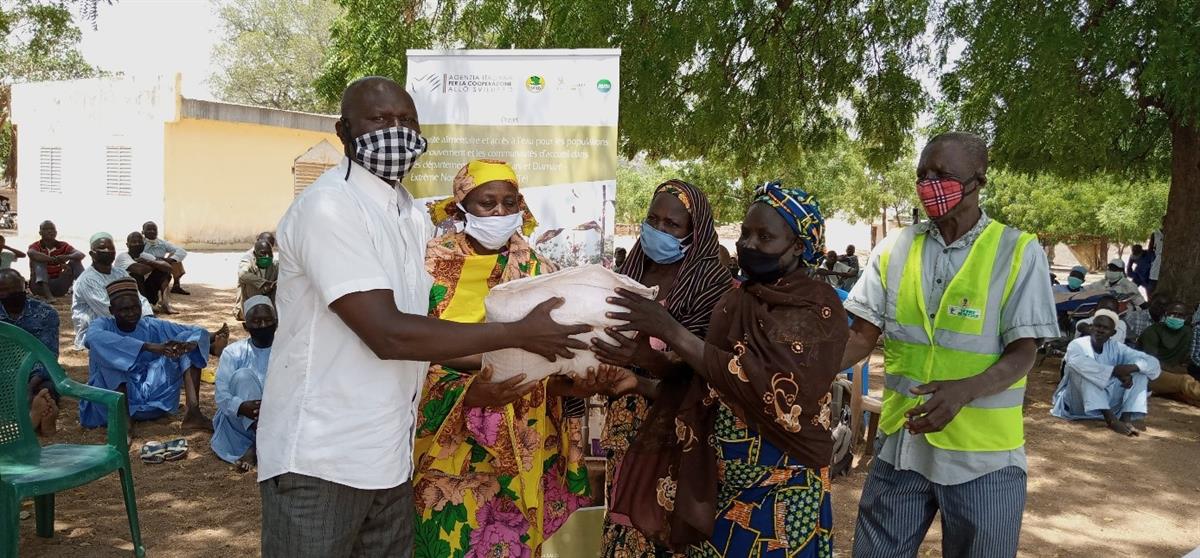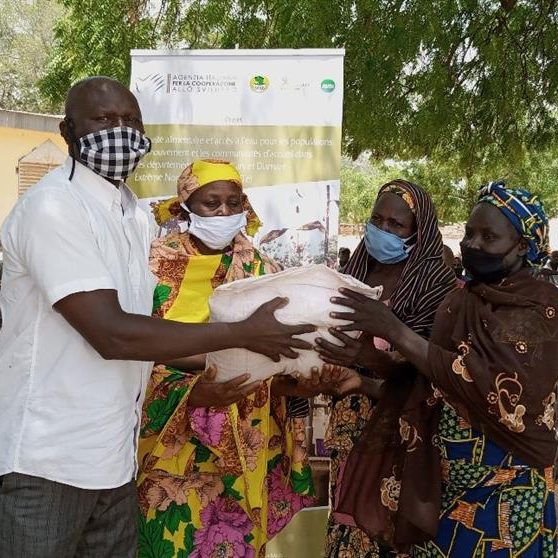In Cameroon, in the Far North region, between Chad and Nigeria, the 80% of the population lives of agriculture.
Those who have a piece of land, they have small crops, that usually are not enough to satisfy even their own family. The climate change has weaken the fragile subsistence economy: based on the data analysis "Insécurité alimentaire et malnutrition" - Cameroun (OCHA, 27th March 2019), over a total of 3,9 millions of habitants, 1,4 millions (between them 100.000 refugees, World Bank estimates of May 2019) live with food insecurity conditions or severe malnutrition: the long periods of drought cause desertification and soil depletion and only the 40% of the population has access to clean water.
In addition to famine, there is a severe crisis that for three years has been trampling the country: the conflict between the English-speaking separatist regions and the Central government has already caused 1.850 deaths e 530.000 internally displaced persons (data May 2019). In the north part of the country, the community had to welcome internally displaced persons, in addition to the Nigerian refugees, who escaped from the jihadist group Boko Haram persecution, also active in this region, and to the thousands of people who run away from the Central African Republic.
In the view of the increasingly worrying situation of the area, AVSI has launched its first project in the country: “SANTE’: Food security and water access for population on the move and host communities in the district of Mayo Kani e Diamaré - Extrême Nord Cameroun”, financed by AICS the Italian Agency for development cooperation and implemented in partnership with local association SAILD e Foundation BETHLEEM.
The project, 18 months long (April 2020 – September 2021), has the goal to strengthen the population resilience of 10 communities of the department of Diamaré e Mayo Kani in the Far North Region, to improve agricultural activities, to facilitate potable water access and guarantee food security to the most vulnerable families.
To promote the start and development of the agricultural activities in the area (sorghum, rice, legumes, cereals cultivation), AVSI has launched training courses about sustainable crop management, has distributed seeds and agricultural tools to 5000 small farmers and has restored four community wells.


Moreover, in the next months, the project will allow to:
- built 5 warehouses for alimentary commodities storage;
- realize 500 domestic vegetable gardens, that thanks to restored wells, can be watered
- support local farmers to launch income generating activities, environment friendly and based on local resources, thanks to training courses about entrepreneurship and access to microcredit.
